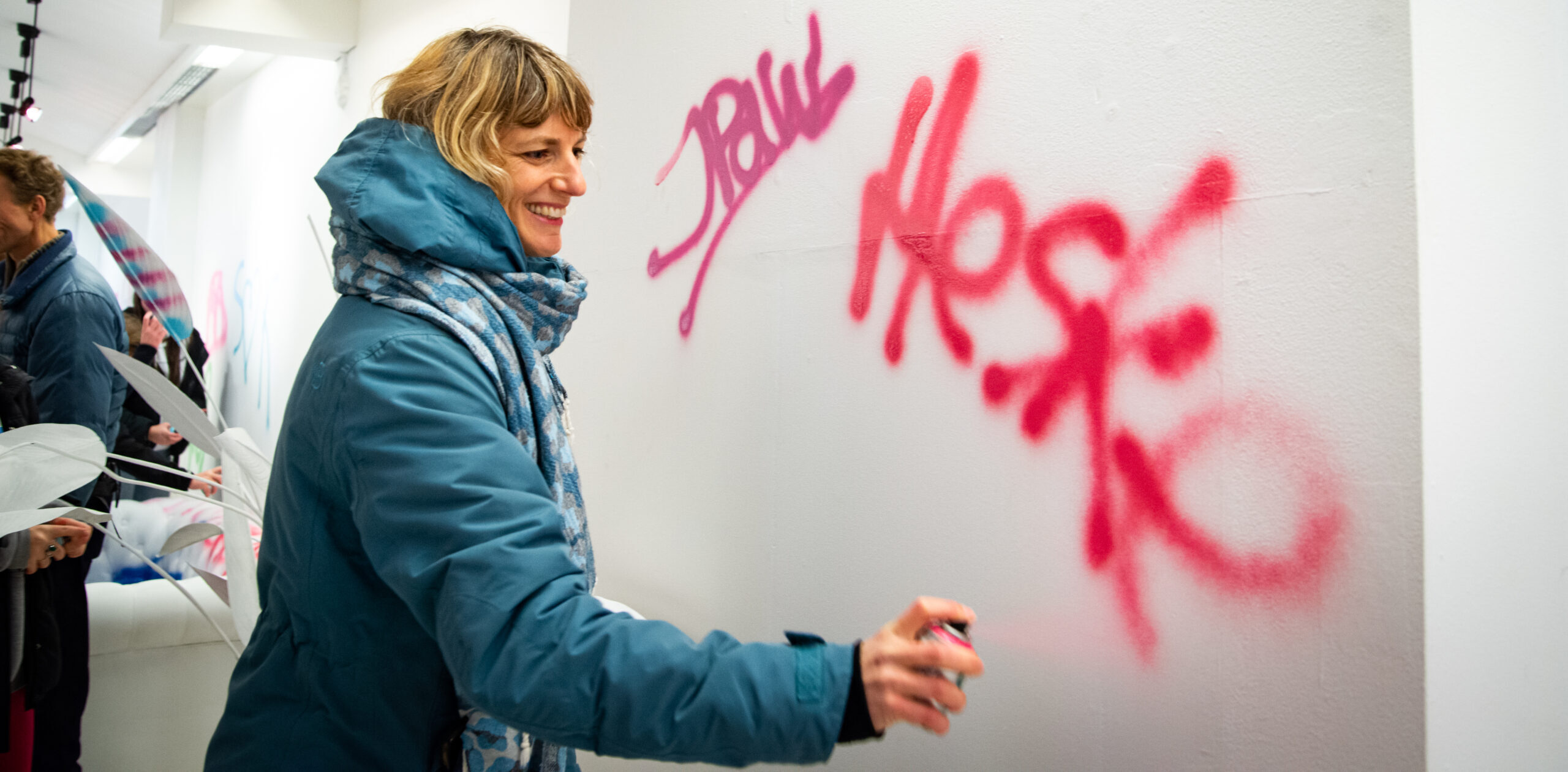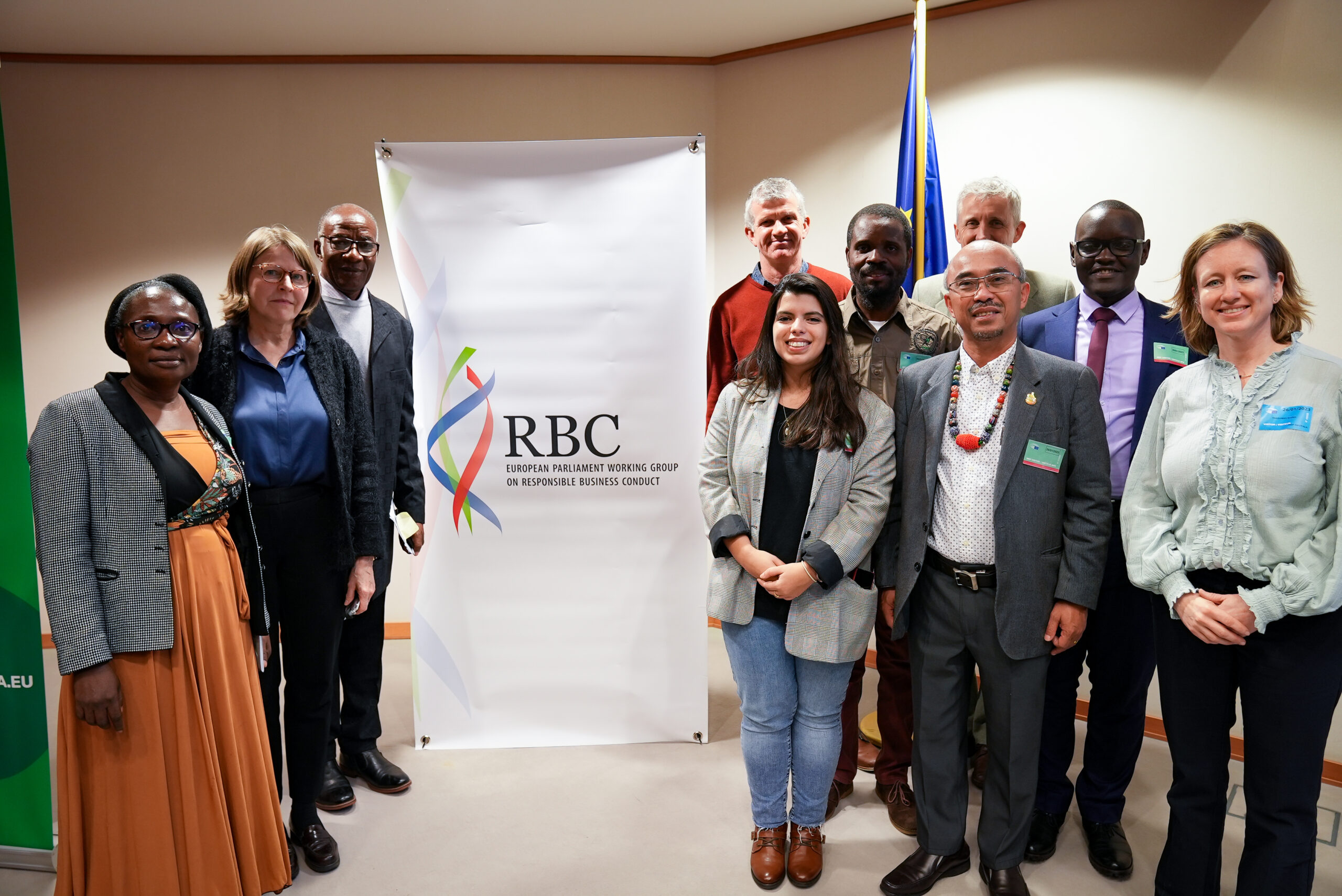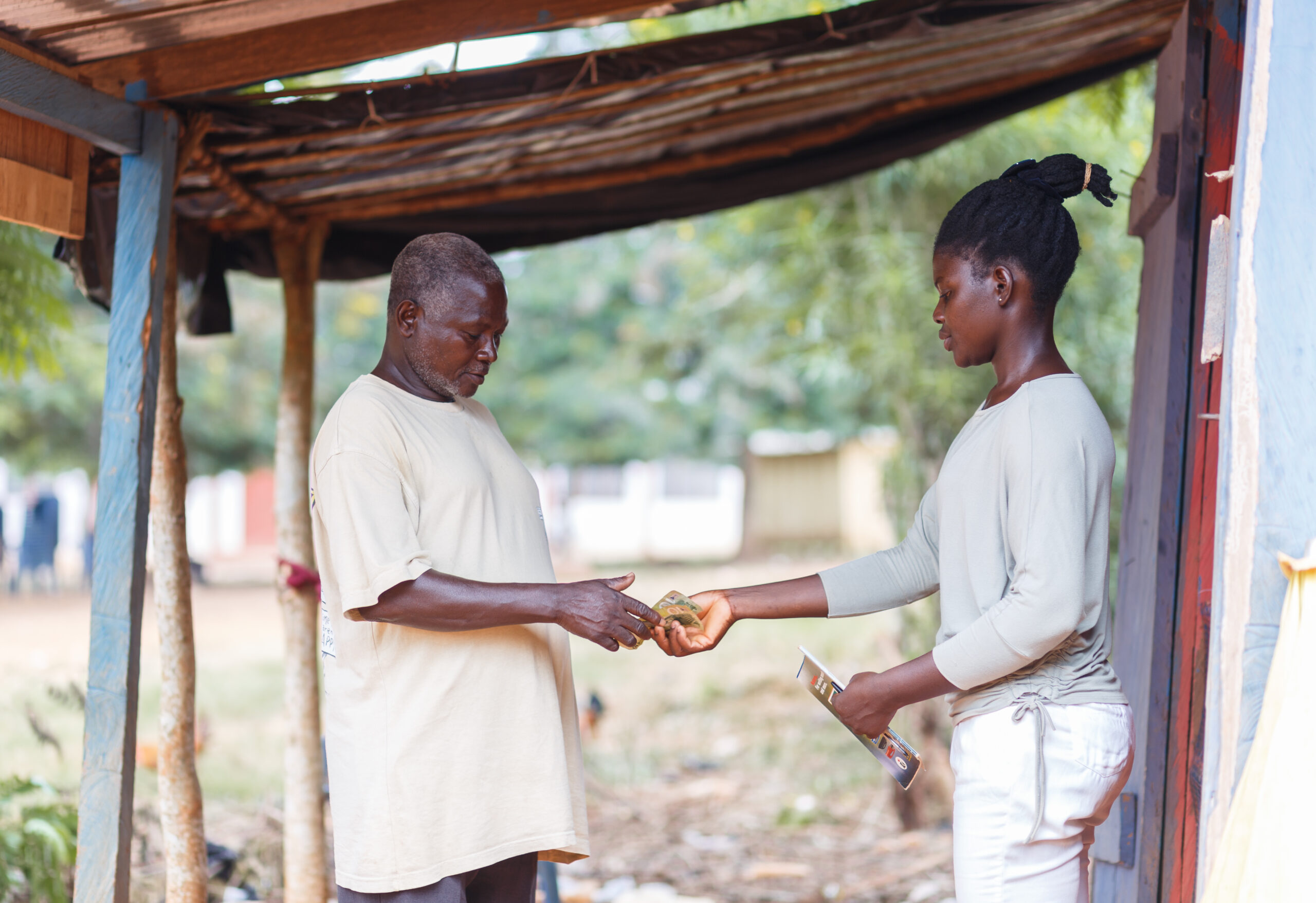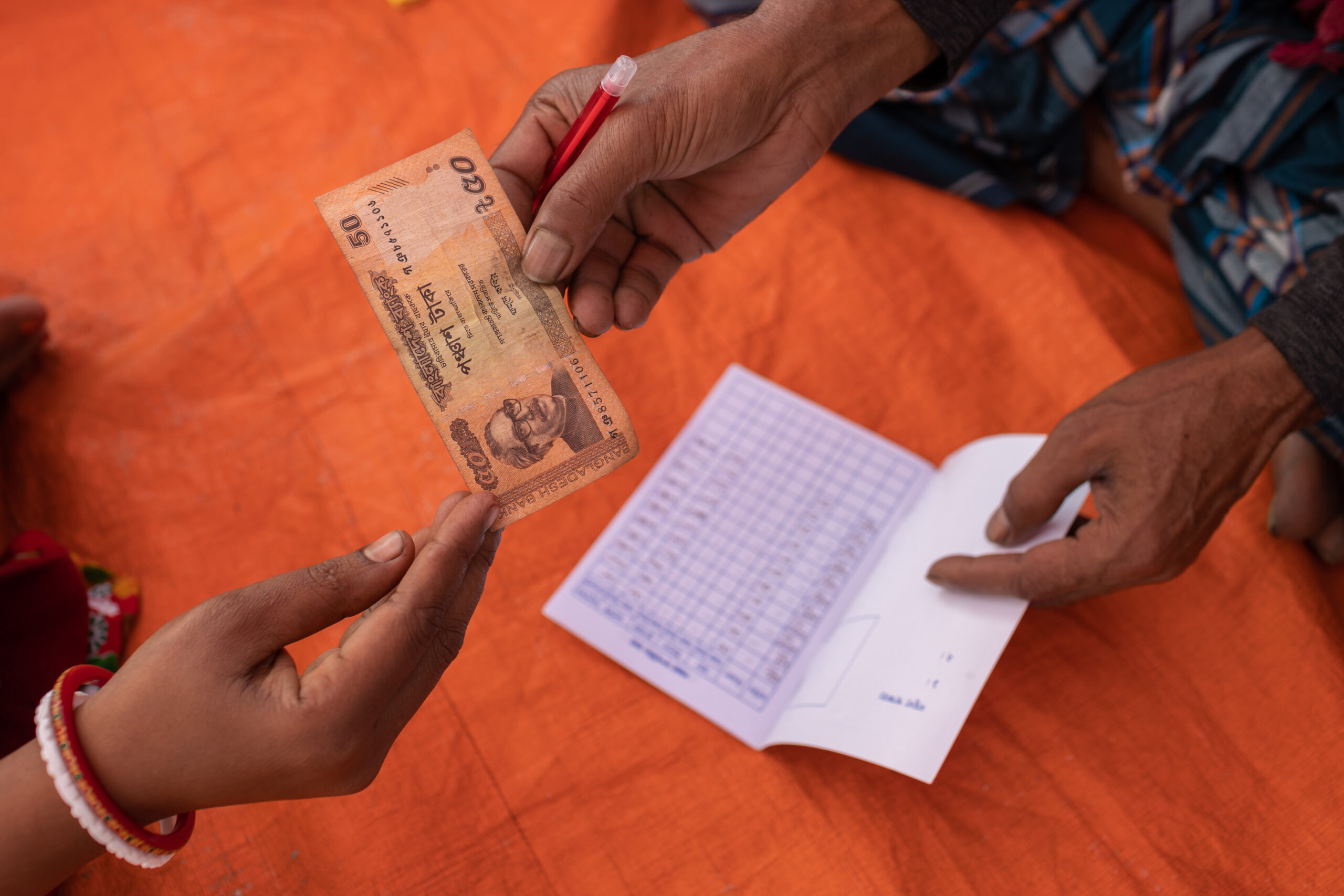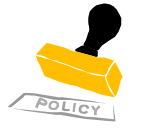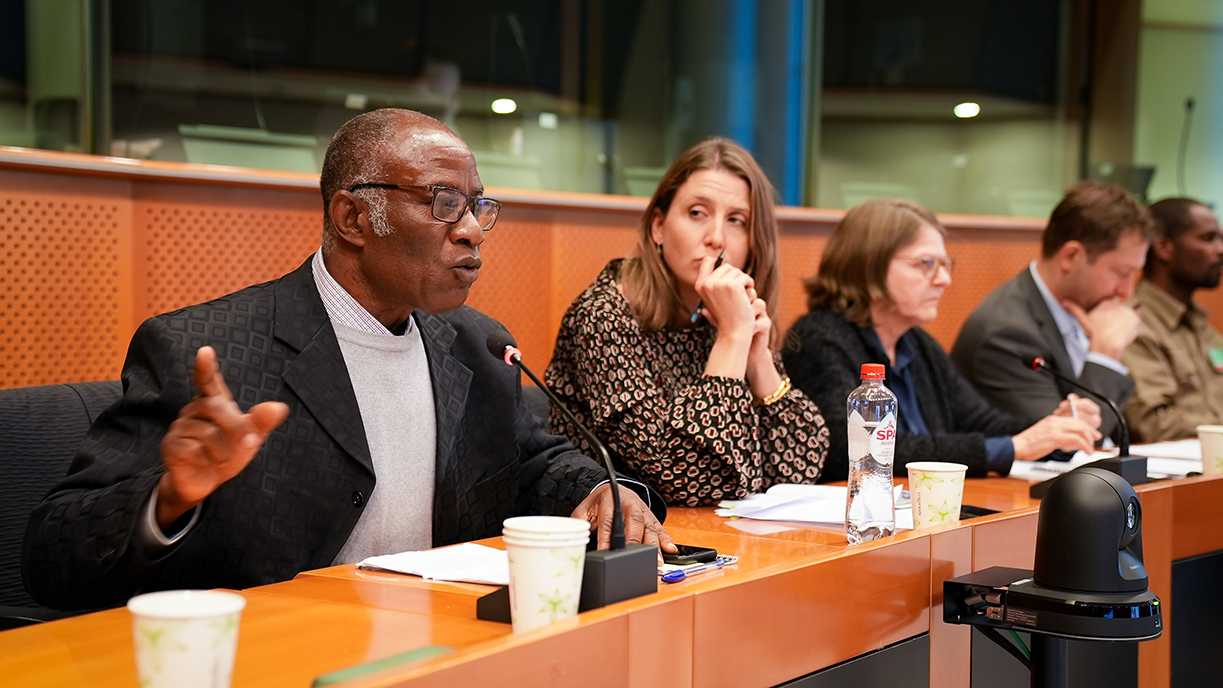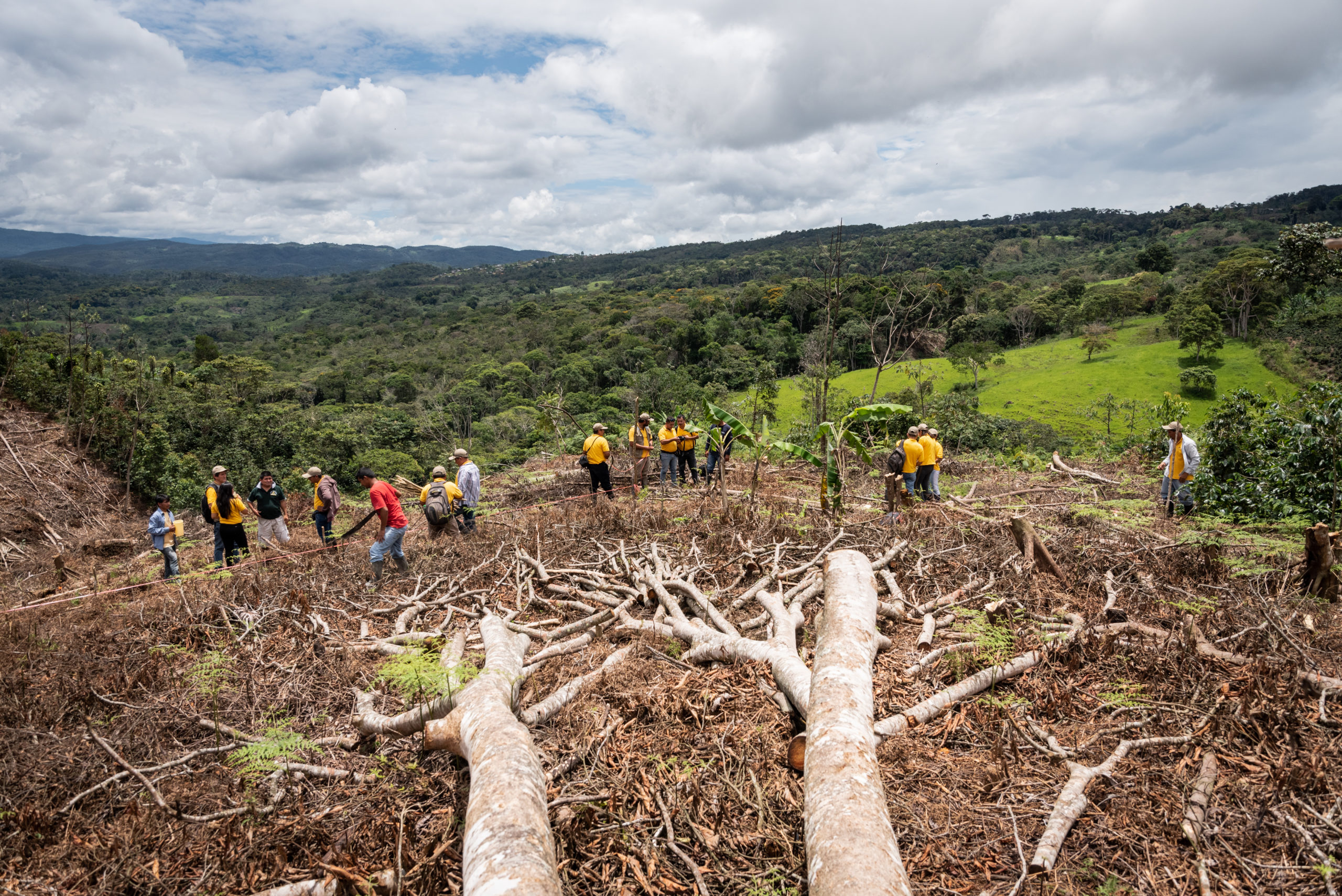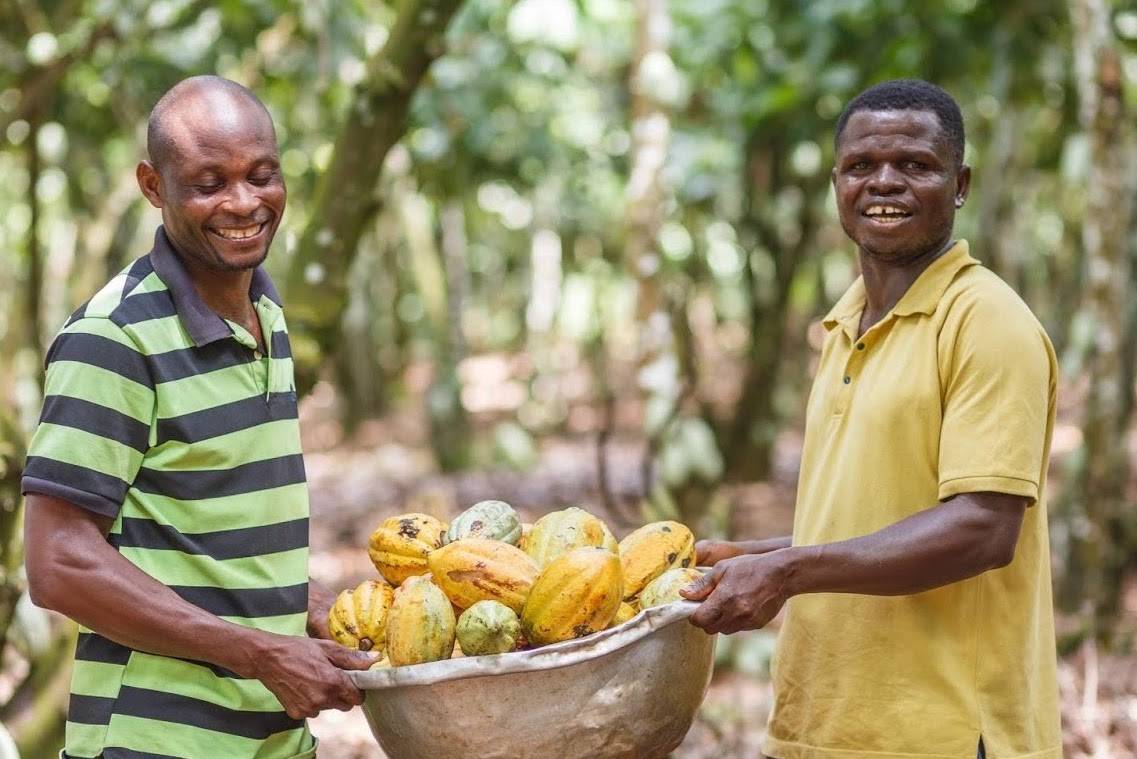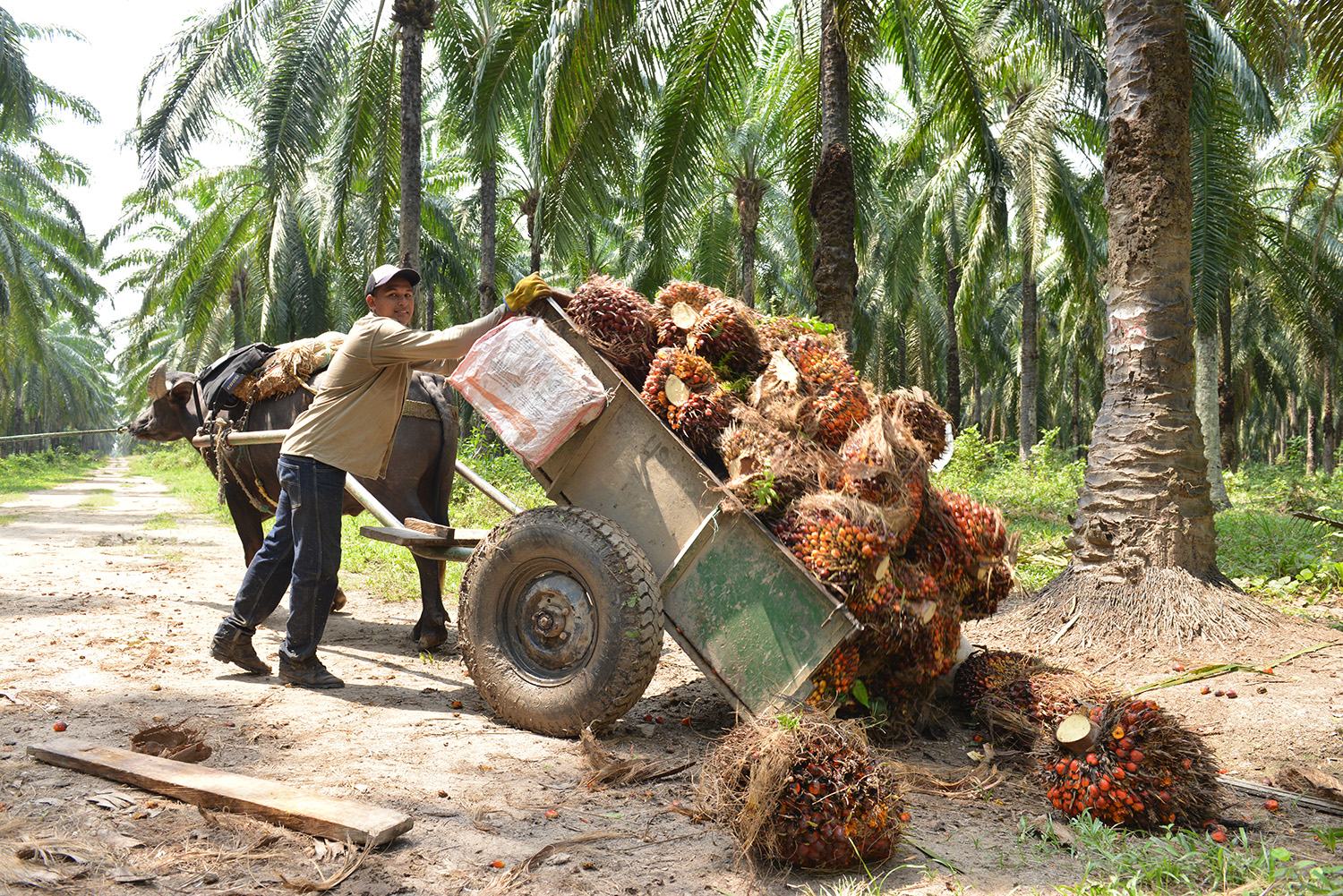Highlights
Results
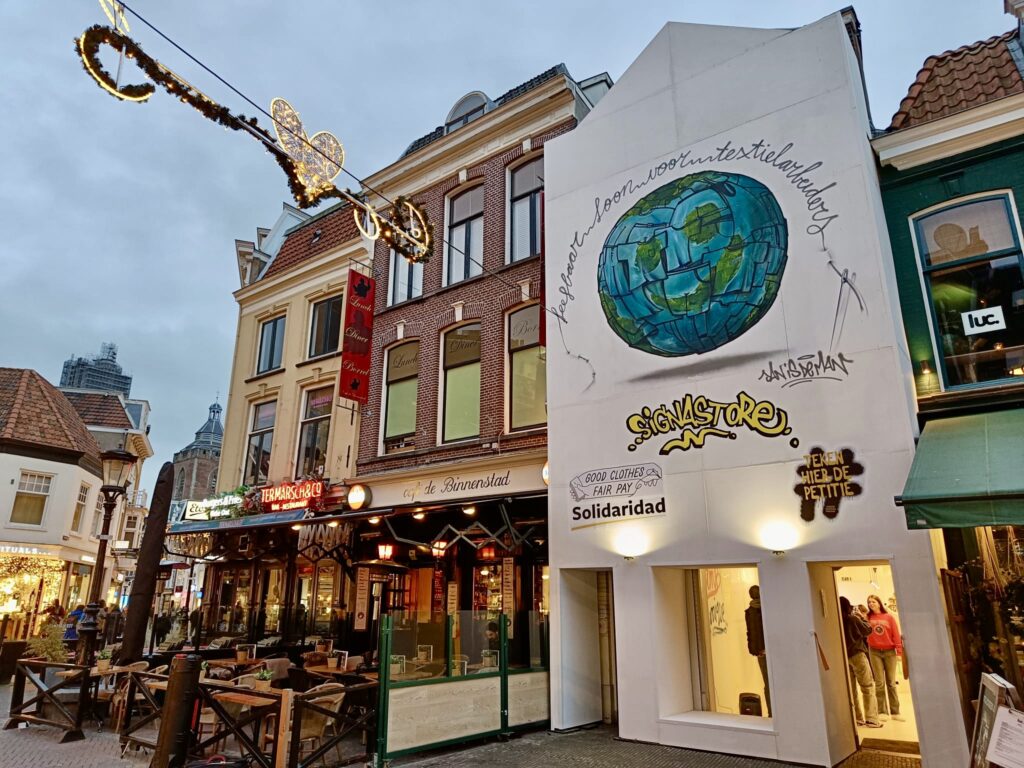
Developing mutually beneficial partnerships
Our impact in 2022
Solidaridad Europe generates support and commitments for making international value chains more sustainable, with a focus on improving the livelihoods of farmers, miners and workers in producing countries beyond Europe’s borders. Developing mutually beneficial partnerships is the single most important aspect of our work in Europe. As such, we partner with hundreds of players across global value chains, from donors and companies to knowledge institutes and civil society organizations. With offices in the Netherlands and Germany and partnerships in various European countries, there are ample opportunities for us to explore.
Change that Matters Stories
Organization & Governance
We recruited and onboarded many new colleagues in the course of 2022, and 17 new employees joined. We are happy to see that they all landed well in their teams, and we are looking forward to seeing them grow and blossom at our organization. The goal of the diversity policy is that Solidaridad’s staff should reflect the European population wherever possible.

Solidaridad has its own salary structure, which is based on job descriptions. The tasks and responsibilities are described per job function. The functions are weighed on the basis of the following four characteristics: knowledge and experience, independence, social skills and risks, responsibility and influence. Solidaridad’s salary policy follows that of the Dutch government.
Integrity
In 2022 zero integrity breaches were reported. The employee survey showed an overall score of 83% on Integrity and values, with 95% of staff indicating they feel they can raise any concern they have, and 97% indicating they would report a breach known to them. This suggests the integrity system is working and staff feel they have a safe place to work. Nonetheless, we will continue to improve upon building a moral compass that provides a safe place to work and enables safe participation in our projects.
Finance
Analysis of the results for 2022 in comparison to 2021 and the budget for 2022
The total income in 2022 was Euro 38,056,758; an increase of Euro 4,835,737 compared to 2021. Income from subsidies decreased by Euro 3,074,661 compared to 2021, and was Euro 1,431,402 higher than budgeted. Income from other fundraising increased by Euro 7,910,398 compared to last year, and was Euro 8,352,356 higher than budgeted.
The total expenditure in 2022 was Euro 38,135,212, which is Euro 5,012,152 higher than in 2021, and Euro 9,290,211 higher than budgeted. Of the total expenditure, Euro 37,084,015 was spent directly on our objectives. The cost of interest and investments was Euro 87,196. This has led to a negative result of Euro 165,649 in the statement of income and expenditure in 2022, where 2021 had a result of Euro 139,789. The result of 2022 is partially affected by the reserves for financing assets and innovations, leading to an addition of Euro 153,757 to the continuity reserve.
Historical summary
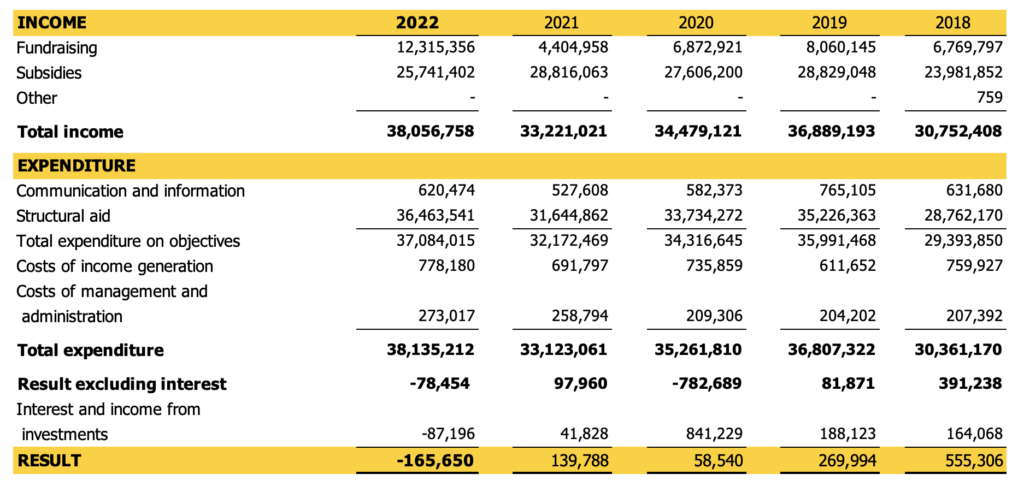
The full audited annual statements of 2022 can be found below.

